Auf geht’s!
You’ll usually hear this as the match gets underway and it means: let’s go! Another common expression that means the same thing is Los geht’s! and Fans will often stick their team on the end – Auf geht’s Deutschland! or Los geht’s Dänemark!
You can also shout: Deutschland vor! (Go Germany!) and Weiter, weiter! (keep going) as the match goes on.
If you’re not feeling so confident at screaming these phrases at a TV, a simple way of explaining which team you’re supporting in a conversation is by saying: Ich bin für Deutschland or Ich bin für Italien.
Tor!
If you already speak some German, you might recognise this word, which means ‘”gate” or “door” (think Brandenburger Tor) However, in football terminology, it is probably the most joyous word you’ll hear at a match because it means goal. Shout it out when your team gets one in the back of the net!
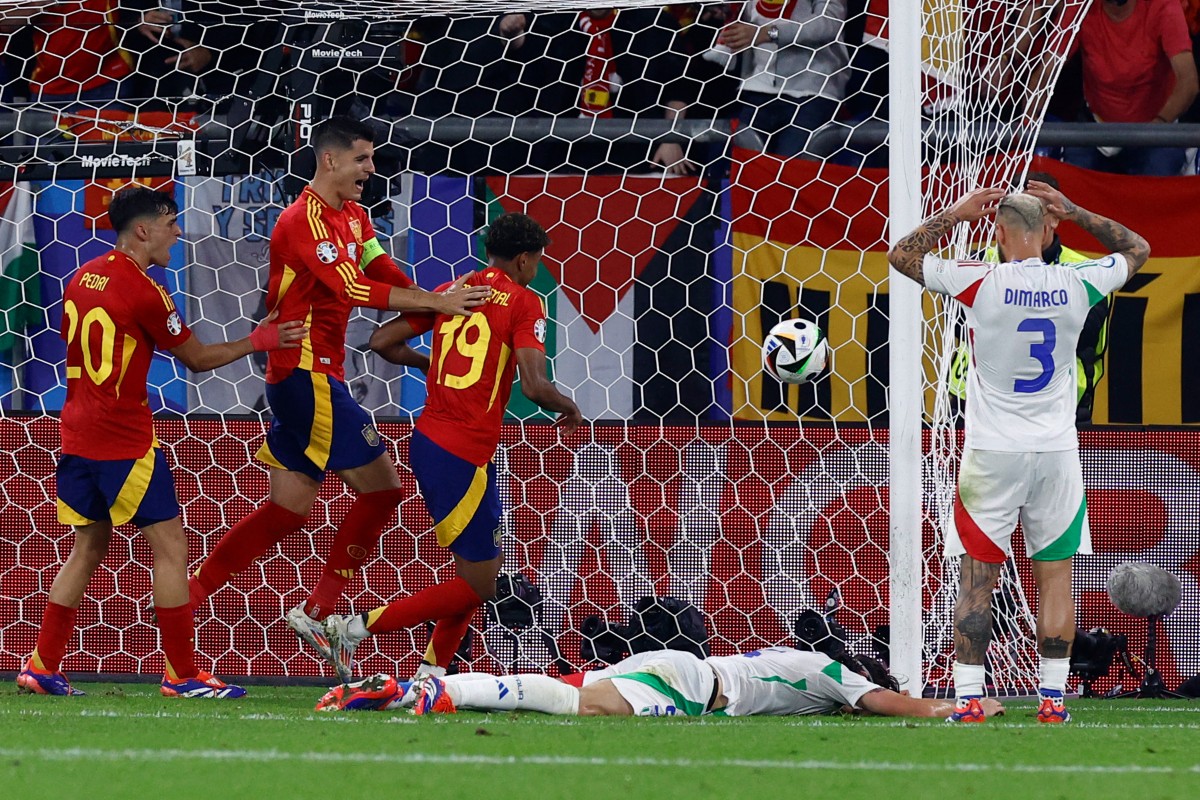
This is a chant involving Tor that you might hear at a match or screening: “Los geht’s Deutschland, schießt ein Tor” (Let’s go Germany, score a goal!).
Meanwhile, the goalkeeper is called der Torwart or der Tormann. Some fans will use the English – goalie.
READ ALSO: Where are the fan zones for Euro 2024 in Germany?
Elfmeter
For England fans – this is an important one, as England has had some famous trip-ups at penalty shootouts during international tournaments over the years.
The word for penalty kick in German literally means “eleven meters” – the distance from the penalty spot to the goal.
You’ll sometimes hear German fans shouting Elfer! If they think a player has been wronged and deserves a penalty.
Gut gehalten!
This is an excellent Fußball phrase to use if your team’s goalkeeper has just saved an Elfmeter. Literally translating to “well held”, this phrase means “good save”.
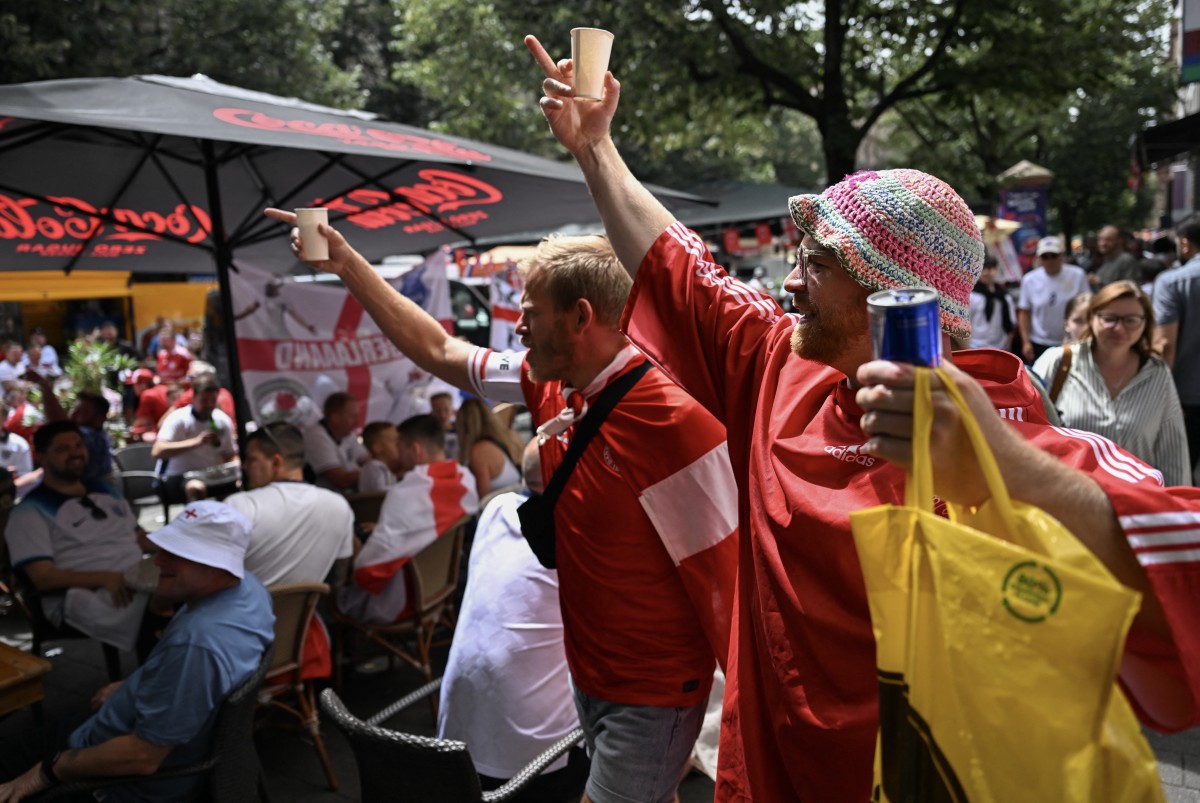
Schiedsrichter
Der Schiedsrichter – or referee – is often the most unpopular person on the pitch. When watching a match with disgruntled German football fans, you might hear this word shortened to Schiri!, similar to how Ref! is used in English.
Schwalbe
The German word for the bird swallow – Die Schwalbe – is used as a rather poetic description for when a player takes a dive. In these situations, when a footballer dramatically falls to try to earn a free kick or a penalty, they often lie on the ground with their arms and legs spread out, resembling a swallow with its forked tail.
IN PICTURES: Football fans take over German cities for Euro 2024
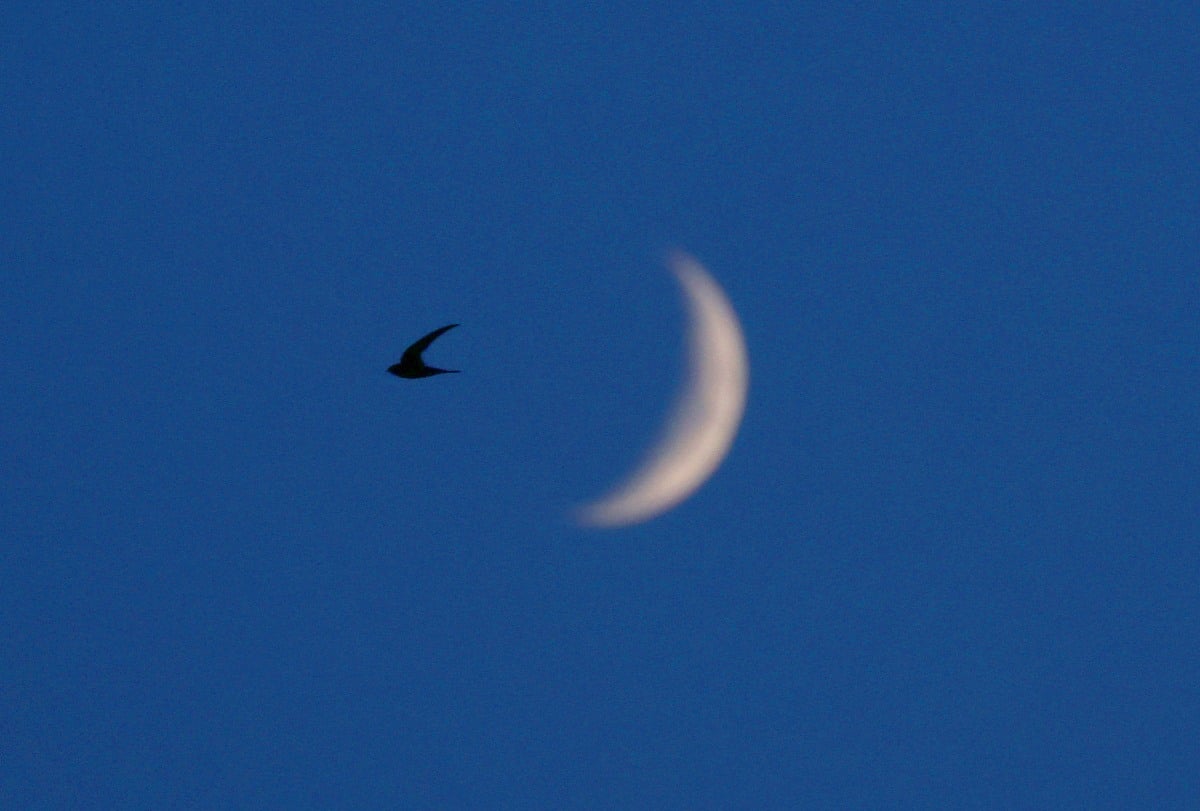
Abseits
You’ll hear this term frequently, especially if your team plays an attacking game. It’s the German word for “offside,” and fans will call it out whenever the linesman’s flag goes up.
Meanwhile, der Freistoß is free kick and der Anstoß is kick off.
Raus!
You’ll hear this being shouted out when things get tense. Raus! which means ‘out!’ is signalling for the players to quickly get the ball away from the box near their goals to avoid danger.
Arschkarte
Getting shown die Arschkarte (literally arse card) is another word for getting a red card or Rote Karte.
It dates back to the 1970s and is connected to referees keeping the yellow card in their shirt pocket and the red card in their back pocket, next to their butt. So it is literally an Arschkarte. You’ll also hear fans shouting Gelb! (yellow) or Rot! (red) if they think someone deserves a booking. Or simply Foul! or Foulspiel! (Foul or foul play).
By the way, there’s an idiom that is used off the pitch. Die Arschkarte ziehen – ‘pulling the arse card’ is the equivalent to the English ‘drawing the short straw’. So if someone says: ‘Du hast die Arschkarte gezogen’, they mean – ‘you’re out of luck’ or ‘you drew the short straw’.
READ ALSO: How to watch the Euro 2024 tournament in Germany
Das war knapp!
Das war Knapp means ‘That was close!’ or ‘that was a close call!’ The Euro 2024 tournament is already proving to be nailbiting so this little phrase is a perfect one to call out in a variety of circumstances such as when your team nearly lets in a goal or when the game finishes, but you just made it. If your team wins by a whisker, you can also use the phrase: Um ein Haar! which translates to ‘by a hair!’
For example – Die deutsche Mannschaft hat um ein Haar gewonnen! – ‘The German team won by a whisker!’
With reporting by Rachel Loxton and Sarah Magill

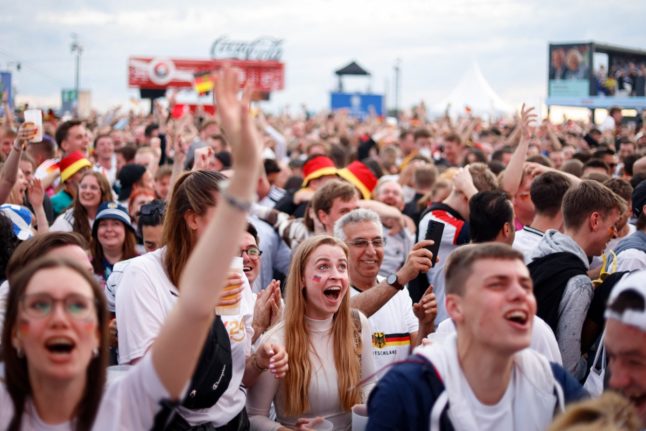
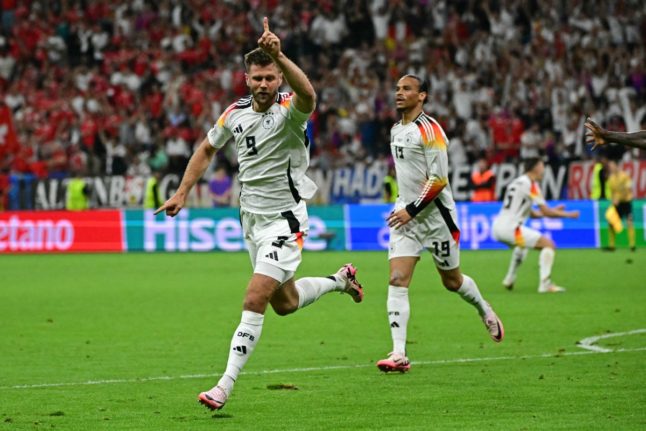
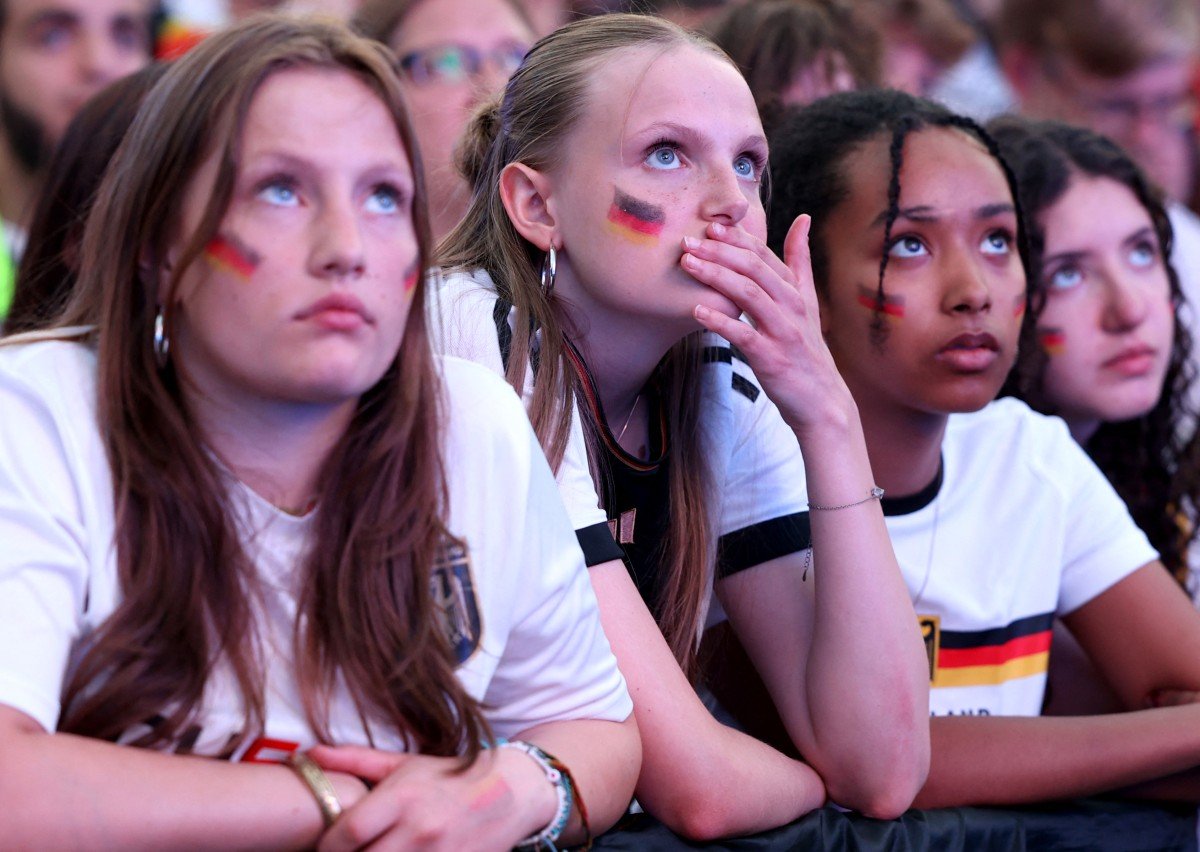
 Please whitelist us to continue reading.
Please whitelist us to continue reading.
Member comments